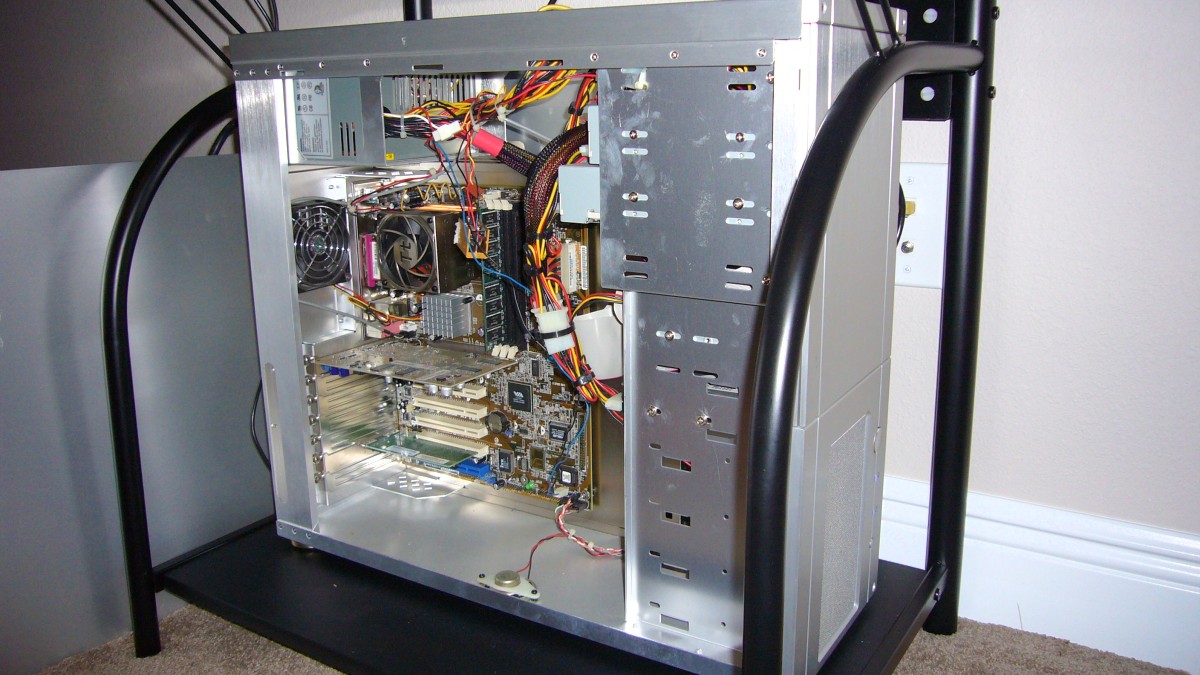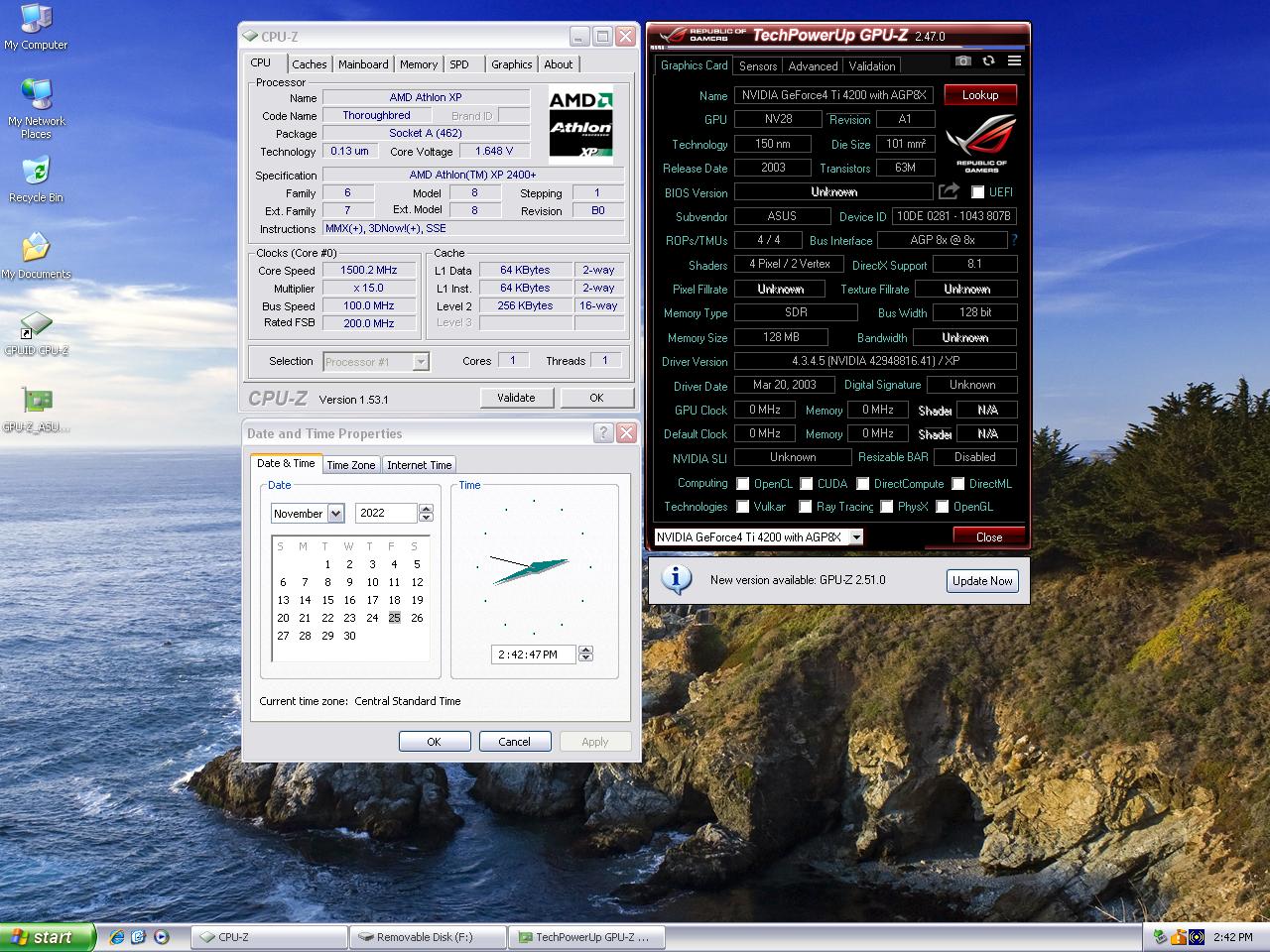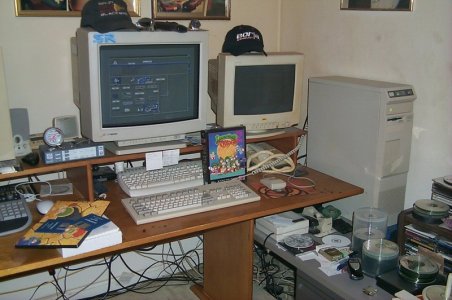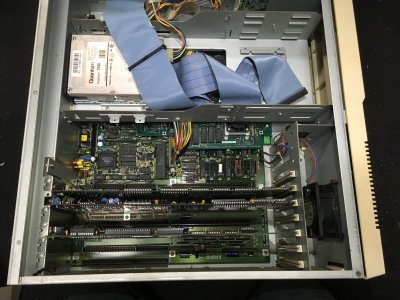Quiz
Gawd
- Joined
- Aug 25, 2010
- Messages
- 659
I have a 3930K running on a GIGABYTE GA-X79-UD3 since January 2012. Wanted to know how long do motherboards generally last? I have no use for a new PC right now and don't want the motherboard crapping itself forcing me to buy new. I already had to replace the power supply couple years ago as it went bad and was causing restarts during gaming. Note that I have been using this PC in a climate controlled environment and dusting it out when required.
![[H]ard|Forum](/styles/hardforum/xenforo/logo_dark.png)



